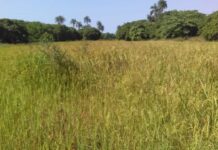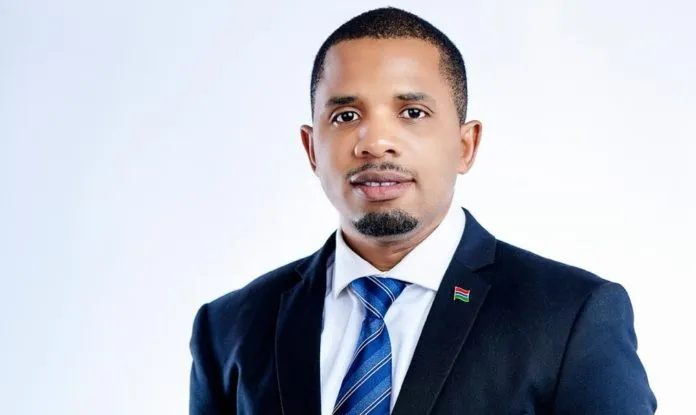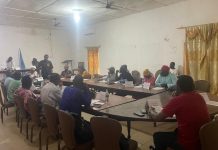By Assan Bah
The Minister of Information, Media and Broadcasting Services, Dr. Ismaila Ceesay, has disclosed that a planned 30% pay rise for civil servants will include only ‘low-income earners’ on Grade 1 to 12, within the Gambia government pay scale.
Dr. Ceesay made this disclosure during a press conference in Basse, in the Upper River Region (URR) of the Gambia, on the sidelines of President Barrow’s ongoing ‘Meet the People tour’.
According to him, this pay structure will start by January 2025.
“The pay rise of these civil servants will be at the average of 30%. Not every civil servant will get the 30% increment. Those at the lower end will earn more and will get more. Ministers are not part of this pay rise. It is only for civil servants from Grade 1 to 12,” Dr. Ceesay clarified. He also reported that the government has made an additional allocation of one billion Dalasi for the 2024 groundnut trade season and has invested 1.5 million dalasi in fertilizer during the same season.
On his part, the Minister of Agriculture, Livestock and Food Security, Dr. Demba Sabally, said the Government was recently awarded a new project called ‘The Reward Project’, for an amount of 39.6 Million US Dollars, by the Africa Development Bank.
When reminded of some of the agricultural projects, Dr.Sabally said: “Every project has a sustainability plan. The ROOTS project for example is working to develop cold storage facilities and will hand these facilities to cooperative societies with memberships who will pay a minimal amount that they have in a bank account. The cooperative entities own these facilities from day one and are responsible for its day-to-day maintenance.”
“For the rice support projects under GIRAV, the project pays 80% in year one while the community pays 20%. For the second year, the project pays 60% while the community pays 30% and for the third year, the project pays less which is 40%. Therefore, before the project faces out, they become used to it, and knowing the benefits at this time, they will not let it slide,” he explained.
On the issue of the low groundnut yields this year, Dr. Sabally said this is spread nationwide and the same issue goes for some parts of Senegal and Mali as well, according to the information.
“This has therefore ruled out the possibility of this being caused by the seeds that were supplied by the government. The seeds that were supplied to the farmers were bought from local farmers and the government did not import any seeds,’’ he said.
He assured that the issue will be scientifically examined but said their biggest suspect is climate change.
“Two things stand out and these are early planters and late planters and it seems that early planters have performed better than late planters and many who have challenges,’’ he said; adding that in their efforts to support local farmers, the government currently has provided up to 7, 000 hectares to GIEPA.
“These lands acquired from the communities are leased under GIEPA. When an investor comes, we will assess the viability of his or her proposal before allocating them land,” he stated.
Dr. Sabally said after they visited Jah Oil’s farm in Bayaba, he arranged for the shipping of a combined harvester and shiver from the National Seeds Secretariat in Sapu to the farm.





















